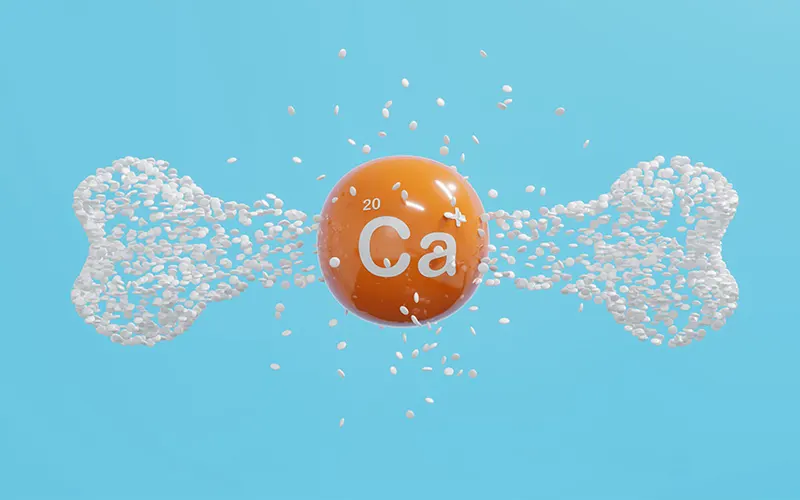Calcium plays a vital role in maintaining bone strength, muscle function, and overall health. Despite being an essential mineral, calcium deficiency is a common yet often overlooked issue that can lead to serious health complications if not addressed in time.
Experts note that calcium is necessary not just for bones and teeth, but also for the heart, nerves, and muscles. While the deficiency doesn’t always show early signs, over time, the body begins to reveal alarming symptoms.
1. Muscle Aches and Spasms
People with low calcium levels often suffer from muscle cramps, stiffness, or spasms, especially in the thighs, arms, or feet. Numbness and tingling sensations are also common.
2. Extreme Fatigue
A calcium-deficient person may feel excessively tired, dizzy, and suffer from insomnia and lethargy.
3. Skin and Nail Issues
Symptoms include dry skin, brittle nails, hair thinning, and even psoriasis. Contrary to popular belief, white spots on nails are not linked to calcium deficiency.
4. Weak or Painful Bones
Calcium is essential for bone strength. Its deficiency can cause bone pain, increase injury risk, and lead to osteoporosis over time.
5. Dental Problems
The body may extract calcium from teeth, resulting in weak roots, itchy gums, or damaged teeth.
6. Tingling or Numbness
Low calcium levels may cause nerve disturbances, especially in the fingers and toes, leading to a tingling or pins-and-needles feeling.
7. Mood Disorders
Some studies suggest that calcium deficiency may contribute to depression, although further research is needed.
Medical experts advise consulting a doctor if any of these symptoms persist, as untreated calcium deficiency can worsen over time.











